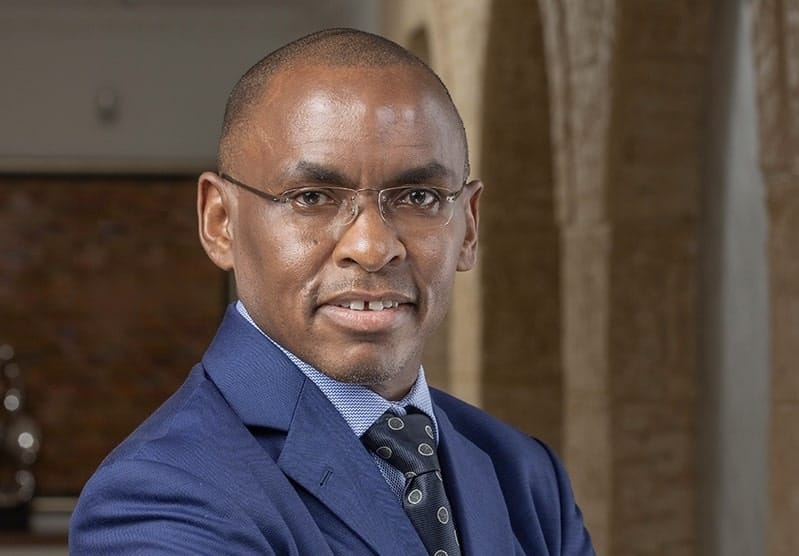Peter Ndegwa’s salary has just made headlines, and for good reasons. The Safaricom CEO is now the highest paid executive on the Nairobi Securities Exchange, with earnings of over $2million. He walked away with a KES 294.2 million compensation package in the 2025 financial year. That is roughly $2.2 million, and yes, it is all legit. TechCabal, AllAfrica
So, where did all that money come from?
Let us break it down. Peter did not just get a fat monthly salary. His big payday came mostly from performance bonuses, basically extra rewards for hitting business goals. He also got perks like travel, health benefits, and shares in the company. In short, Safaricom did well, and the board said, “You did good, here is your reward.
Let’s break down how that KES 294.2M came together:
- KES 98.7 million as base salary
- KES 116.7 million in performance bonus
- KES 33.5 million worth of non-cash benefits (think executive perks)
- KES 45.3 million from no-cost share awards under the EPSAP scheme
All of that adds up to the most a CEO has been paid on the NSE, ever. (AllAfrica)
Why the big reward?
Under Peter’s leadership:
- Safaricom made more profit this year
- M-PESA and mobile data services grew stronger
- Their expansion into Ethiopia started looking promising
The company made money, so they rewarded the guy leading the charge. Under Ndegwa’s watch, Safaricom’s net profit jumped 11%, hitting KES 69.8 billion (about $540 million) this year. That is despite the challenges in Kenya’s economy and some early setbacks in Ethiopia AllAfrica
How does he compare with other CEOs?
Peter’s earnings put him at the very top. No other CEO on the Nairobi Securities Exchange made that much this year. Even the next highest paid boss earned less. Way less. Ndegwa didn’t just edge out his peers, he blew past them. The runner up? Paul Russo, CEO of KCB Group made KES 250.2 million.
Even Safaricom’s own CFO, Dilip Pal, earned KES 132 million less than half of what Ndegwa took home. Daba Finance So yes, Ndegwa now sits on top of the NSE earnings leaderboard.
What are people saying?
Well, reactions are mixed. Some say: “He earned it. The company grew. Good for him.” Others are like, “That is too much. Kenya is going through hard times. Why are executives making so much?” The truth? It depends on how you see it, as a reward for performance, or as a sign of inequality. Supporters say it is well deserved. The CEO delivered, the business grew, and Safaricom investors got results.
While critics aren’t buying the champagne. They argue that executive pay like this feels out of touch when ordinary Kenyans are facing salary freezes, job losses, and high inflation. AllAfrica. Fair questions are being asked: Is this kind of corporate compensation sustainable or ethical when the average worker is just trying to stay afloat?
Related :Meta Targets Spam and ‘Unoriginal’ Facebook Content.







